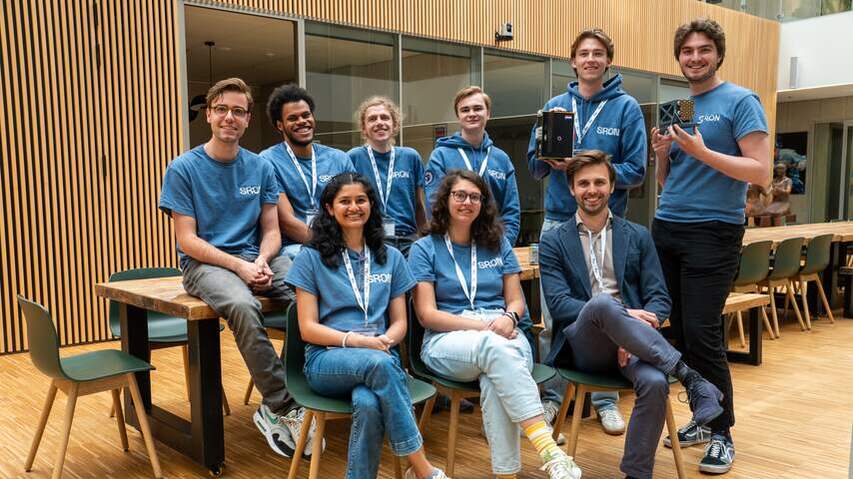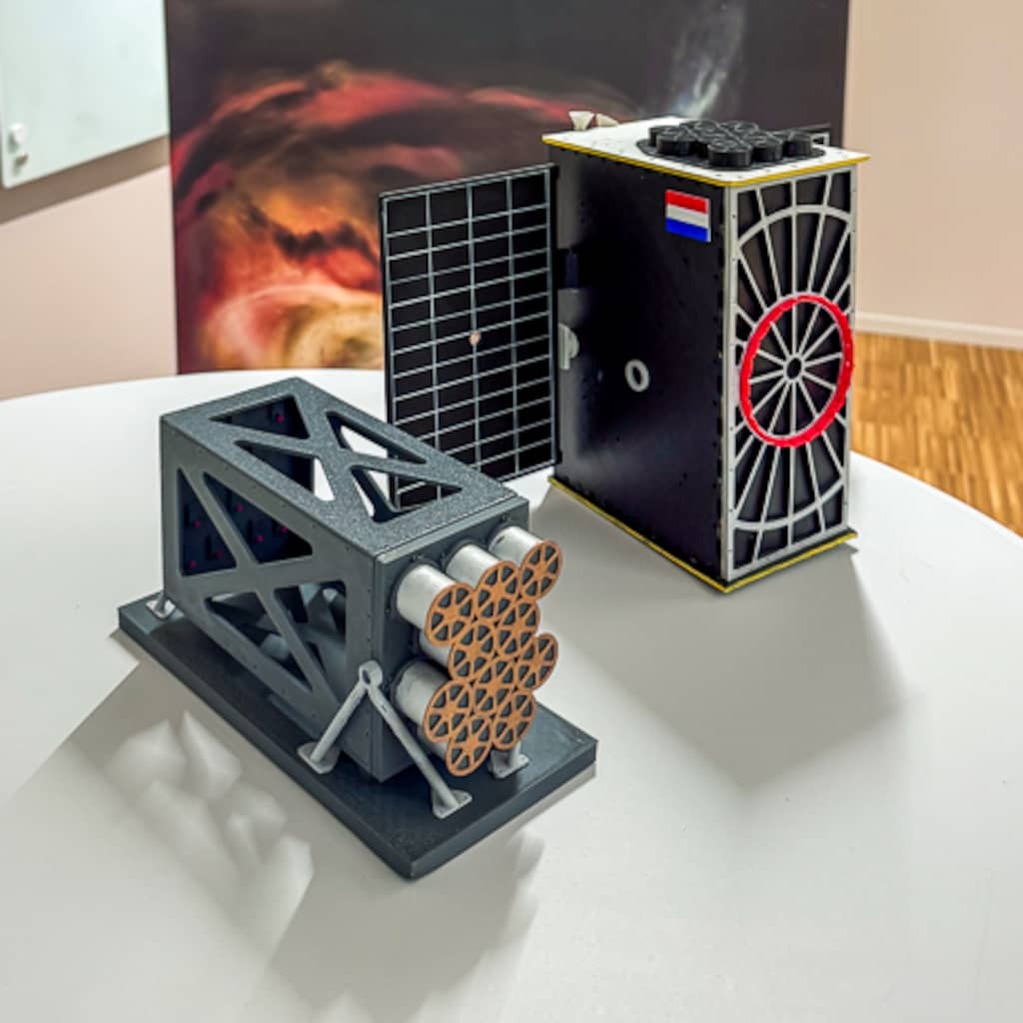
Hundreds of students from universities, colleges, and vocational schools will be working on a new satellite for research into black holes in the coming years. The project should ensure that more young talents stay working in the Dutch space industry, something the industry is currently struggling with.
NEBULA – Xplorer is the name of the project that was presented on Friday afternoon at SRON in Leiden, the Dutch institute for space research. “It would be great if more students could find a job in the Dutch space sector as a result,” says project leader Martin Grim. “Instead of them going to work at chip manufacturer ASML.”
It often happens that students with a talent for space travel choose something else after their education. And that is while an independent Dutch space sector is important. SRON thinks so, but so does the government. The government is investing heavily in the space sector in the coming years so that the Netherlands can continue to compete internationally with other countries.
So far, more than forty students have already worked on NEBULA – Xplorer. In the coming years, around four hundred students will be involved, Grim calculated. “And that’s until the launch. After that, new people are needed to process and analyze collected data.”
The goal is that around 2030 a satellite will be launched to research black holes. Or more specifically: how a black hole slurps up material from a star orbiting it. There is still much unknown about this. Examining black holes more closely can ultimately provide more information about the origin of the universe.

Project Brings Education and Companies Together
NEBULA – Xplorer is a real student project. The students set up a space mission from start to finish. For example, university students design components for the satellite, college students help with various tests, and technical vocational students are needed to assemble the electronics.
According to Grim, the project is so unique because so many different educational institutions and companies come together to work on the project.
Jasper van de Bosch is one of those students, from TU Delft, who is working on the satellite. He talks about the small device that has to go into space, hopefully with a Falcon 9 rocket from SpaceX, because that reduces costs. The satellite must function at an altitude of 550 kilometers for a period of five to seven years. After that, the satellite must be safely returned to Earth.
It sounds like that will all be fine, but there is still work to be done. Millions of euros are needed for the project, which according to Grim “are not yet there”. He therefore hopes that parties such as ESA and NSO will help with the financing.
Help From Companies (with Non-Disclosure Agreement)
Many companies in the field already offer help. They give students access to test labs and help with the development of the systems. For example, Airbus is working on the solar panels and students can contact ISISPACE, the Dutch expert in the field of mini-satellites.
“So far, the companies have been very open,” says Grim. Adding with a laugh that he sometimes has to sign a non-disclosure agreement. “We get a lot of access to internal tools and expertise. And if we can’t do it, they do it for us. Often even if they are not yet connected to the project.”
SRON hopes that NEBULA – Xplorer will ultimately result in a win-win situation. It should provide scientific information about black holes, a new generation of students is enthusiastic about working in space travel and companies have short lines to talents to offer them jobs quickly.